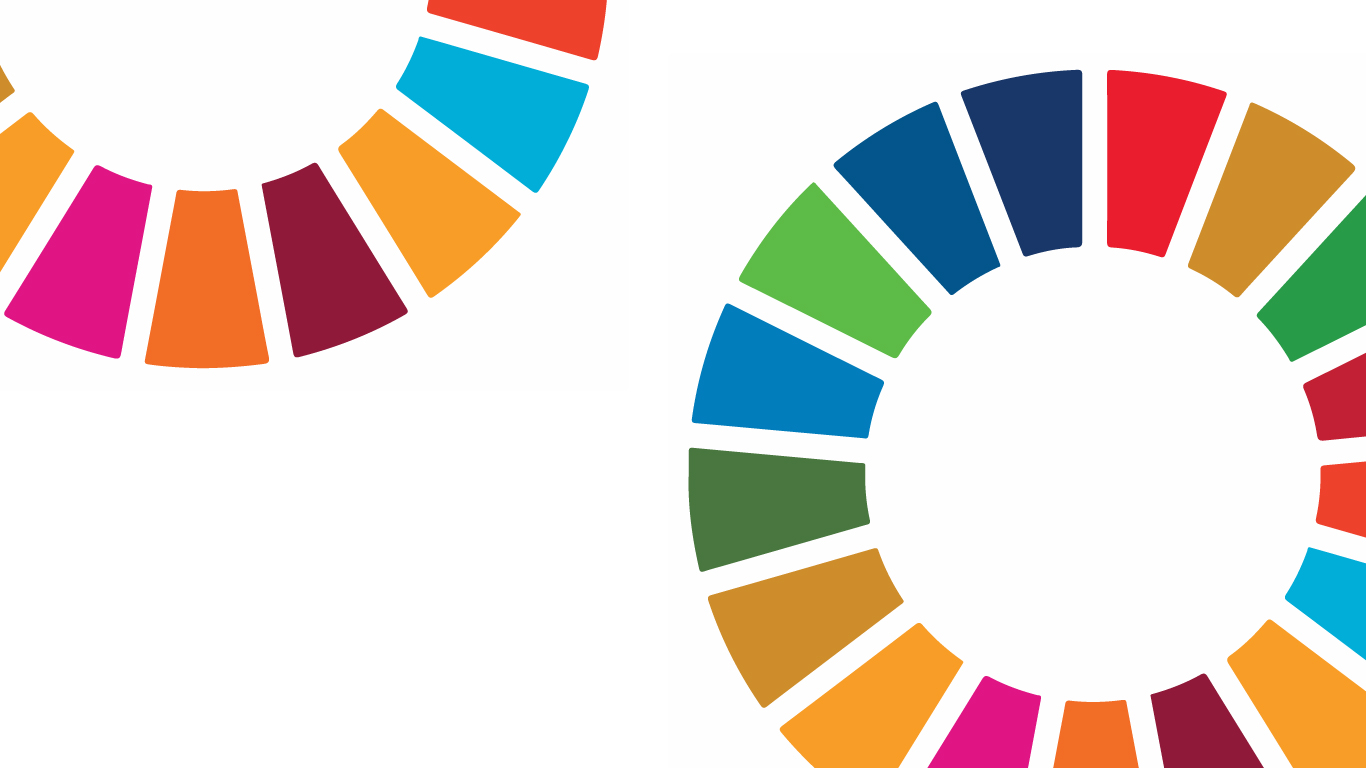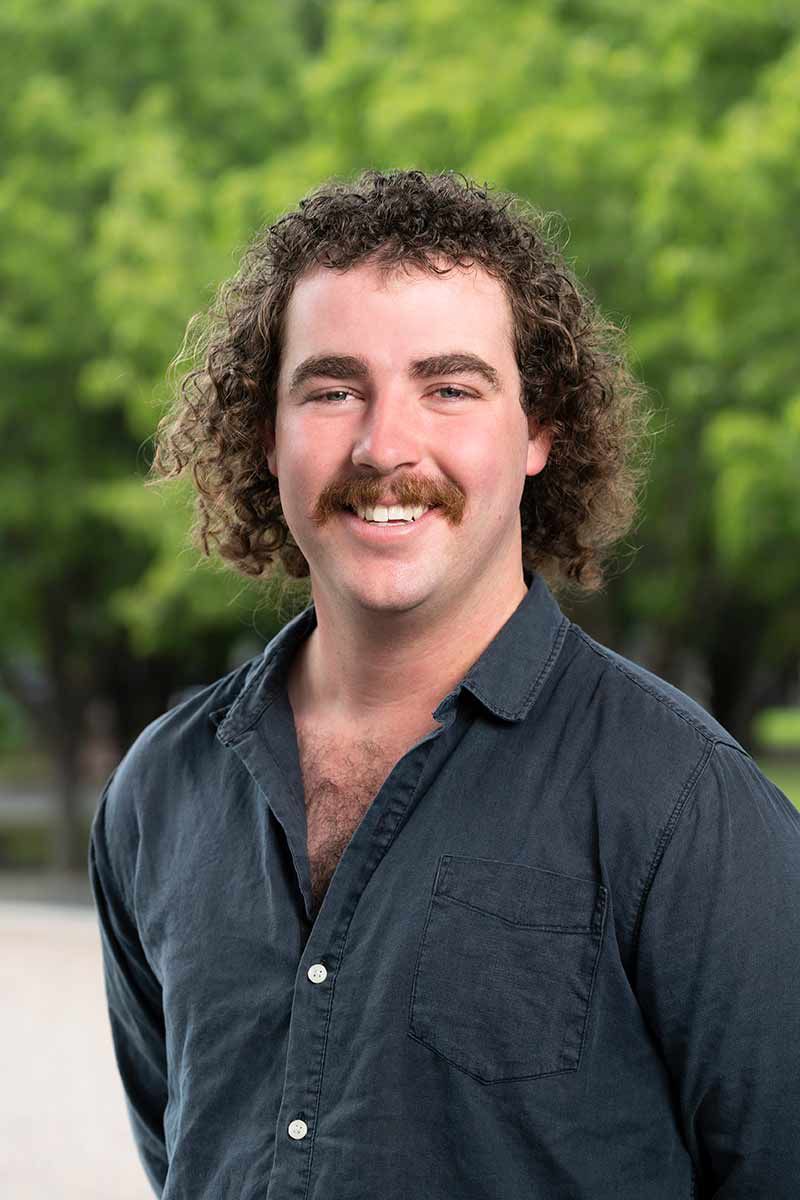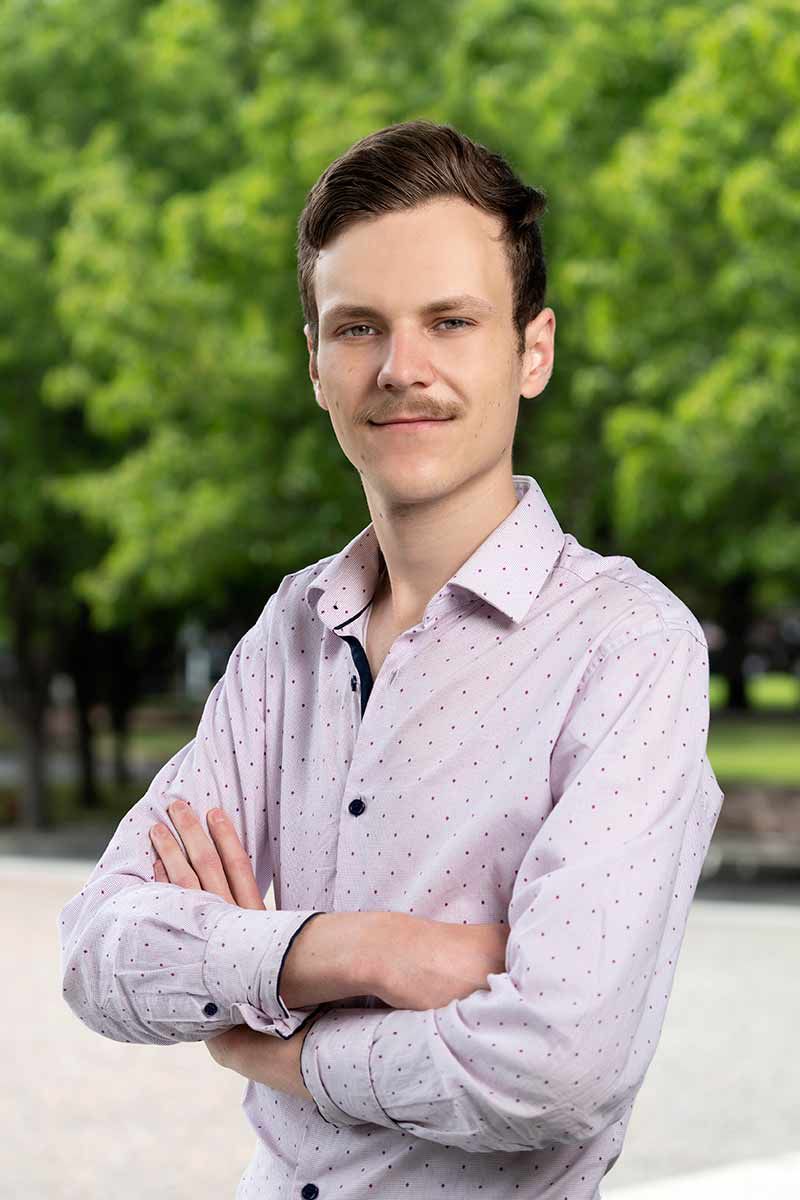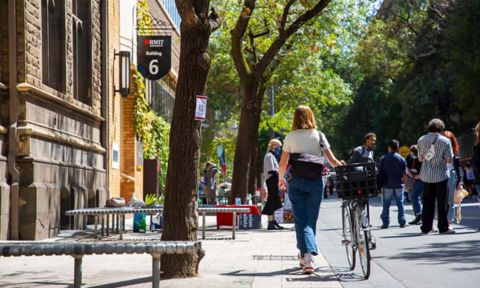Adam Steiner (He/Him) is RUSU President for 2022. In his fourth year of a Bachelor of International Studies, Adam has a keen interest in social and policy change to support sustainable development. Since the start of 2022 Adam has been working to support students returning to university to re-build community and a sense of connection to campus and RMIT
Sheldon Gait (He/Him) is RUSU General Secretary for 2022 and is in his second year of a Bachelor of Construction Management at RMIT. Sheldon has been a RUSU representative for three years and has created positive outcomes for students as a General Representative and as VE Representative at RUSU prior to taking on the General Secretary role.
How does your work link in with the Sustainable Development Goals (SDGs) and how is your work influenced by them?
ADAM: As a representative body for a diverse student group a lot of our work is naturally aligned with the SDGs. We advocate for all students but often our work focuses on students from marginalised or underrepresented groups. This means our organisation frequently operates in the areas of inclusion, safety, reduced inequality and increased representation and as a result we often find our priorities and campaigns speak directly to the SDGs, particularly SDG5 and SDG 10.
SHELDON: I think our priorities present the SDGs in action at RMIT. A lot of the focus of the SDGs is on collective global impact but it is important to remember that the SDGs can be actioned within organisations too. Whilst goals around energy use, infrastructure, carbon capture and responsible consumption and production are obvious focus areas for large organisations, how the SDGs relate to your people, your community, are just as important. I like to think that the work RUSU does is the SDGs with respect to students.
What was the turning point in connecting your work to the SDGs agenda and what has changed in your work as a result?
ADAM: 2022 is the first year we have used the SDGs as a lens to reflect on our organisation's achievements in 2021 and goals for 2022.
The SDGs have provided us with an assurance that RUSU’s aims align not only with RMIT’s Values and actions against the SDGs but with a wider global agenda for positive change.
SHELDON: Whilst we have mapped our 2022 priorities against the SDGs we did not automatically consider the SDGs in finalising our goals for 2022. Utilsing the SDGs as an appraisal tool for the organisation’s priorities can definitely help RUSU to ask strategic questions around our goals - how do we reduce inequalities for our students? How do we ensure an RMIT education is equitable and accessible? How do we make sure RMIT is an accountable and inclusive institution to its students?
What are the benefits of using the SDGs in your work?
ADAM: It is very easy to diminish the impact of a lot of our activities that feel part of our business as usual but actually make significant contributions to the SDGs. Our free food programs help to support students in financial distress and tackles food insecurity, our advocacy service helps to ensure RMIT is an accountable organisation, we run the only fair trade, organic, fully vegetarian food outlet on campus, and our campaigns reach across the spectrum of the SDGs in terms of focus.
SHELDON: I think the SDGs give us the confidence to know that our campaigns will create meaningful change. There can be pushback when we are advocating for systemic change at RMIT but knowing that these changes not only represent student sentiment but also deliver against the SDGs helps to remind us (and RMIT) that it is worth working for.
Priorities like our ongoing work encouraging RMIT to adopt best practice in its investigation and management of disclosures of Sexual Assault and Sexual Harm have the potential to deliver strongly against multiple SDGs. The SDGs provide added justification as to why this particular priority is so important and why RUSU will continue to advocate for it.






